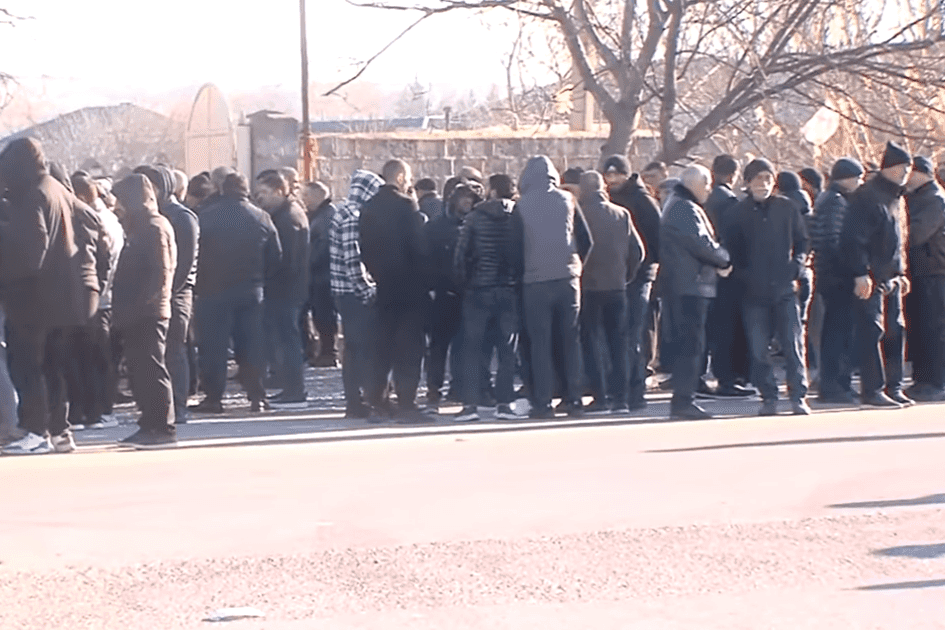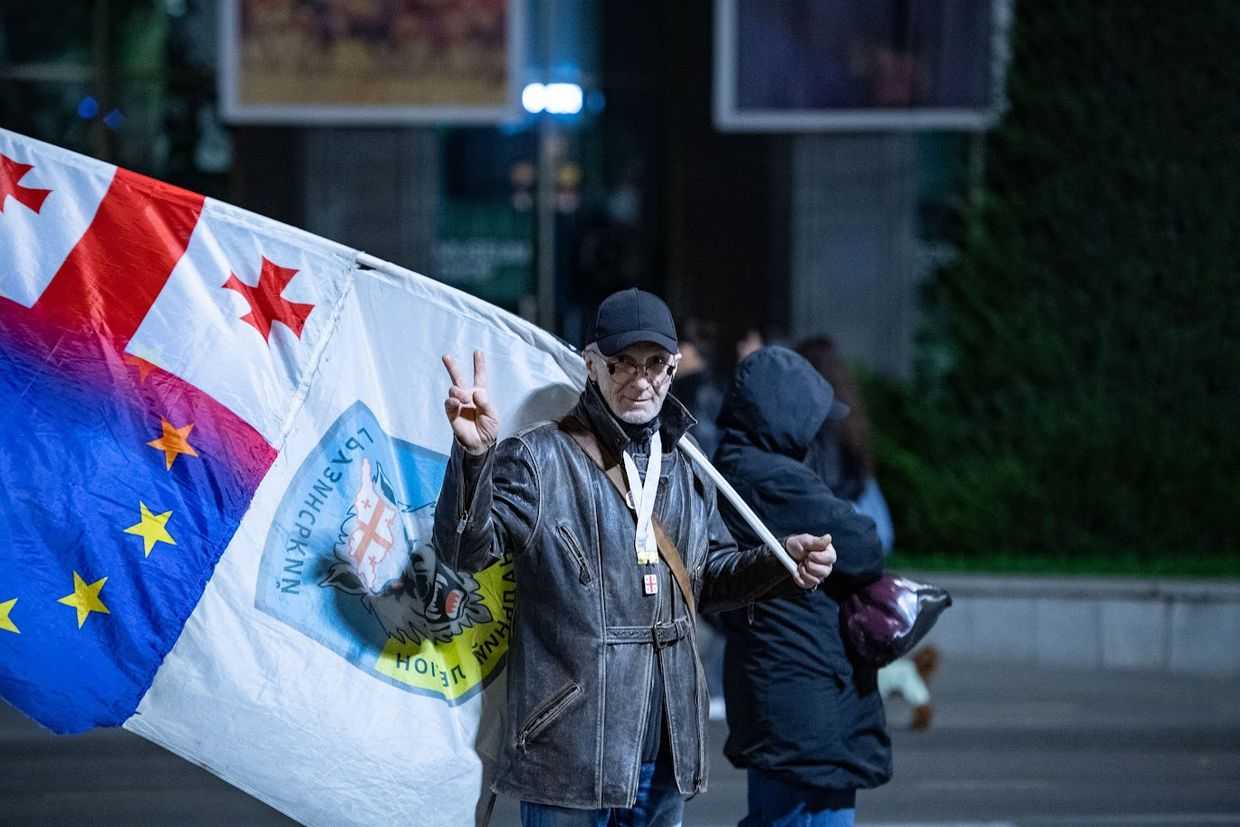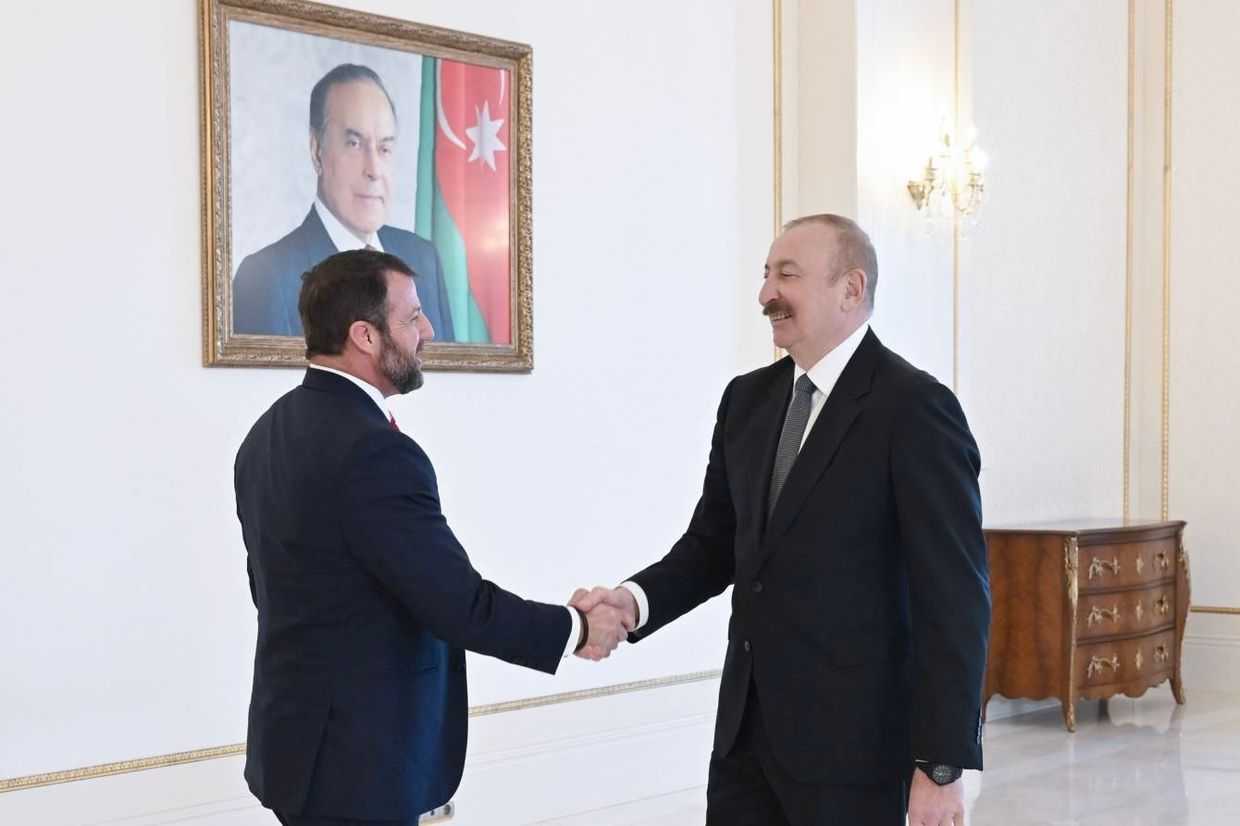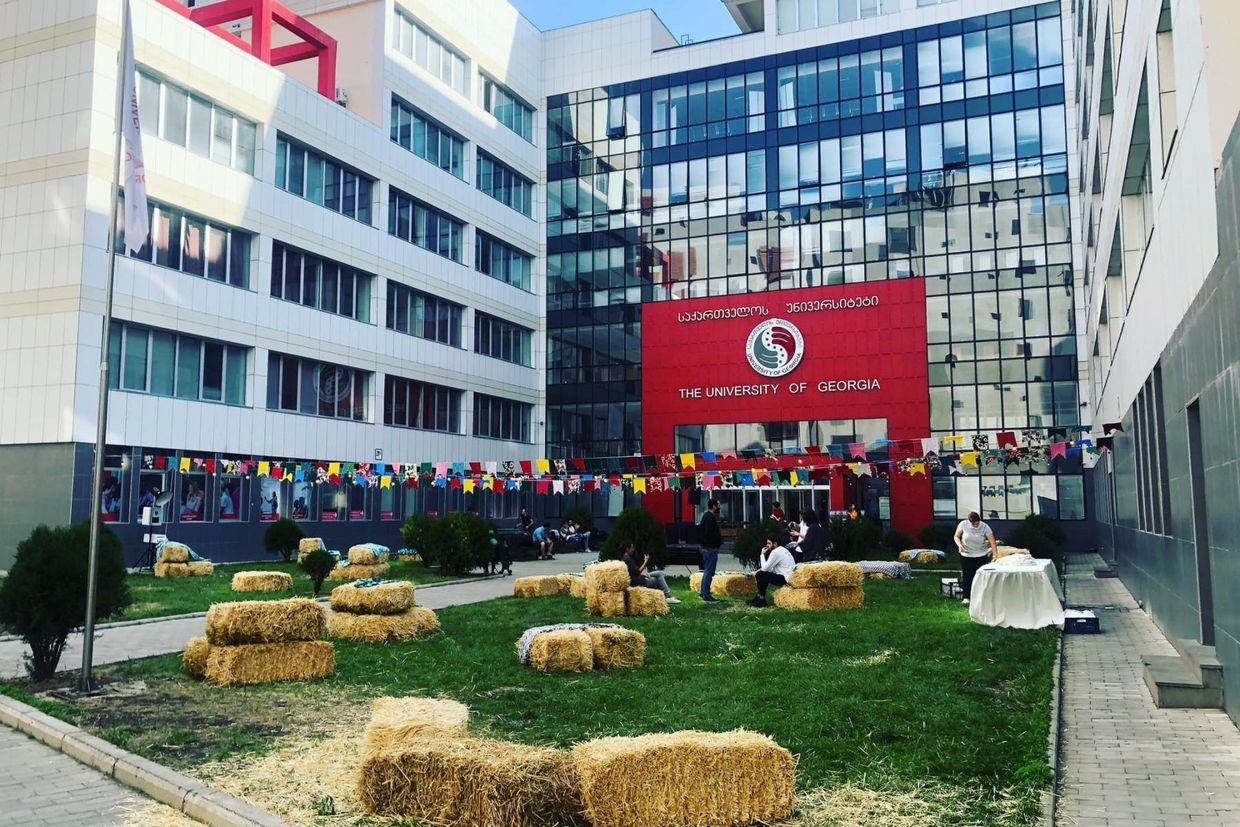
The Georgian Prosecutor General’s Office has opened an investigation into ownership rights concerning the University of Georgia (UG), known for its opposition-leaning stance and its links to the mother of former President Mikheil Saakashvili.
The probe followed a mid-October complaint by the rector of Georgia’s Technical University (GTU), Davit Gurgenidze, who claimed that property in Tbilisi — including land plots, buildings, and sports facilities ‘under GTU’s ownership and use’ — was unlawfully privatised by the UG in 2008, during the time that the Saakashvili’s United National Movement (UNM) was in power.
‘We are demanding that this property be seized and returned to the Technical University’, Gurgenidze said when filing the complaint on 17 October.
The UG, as a private educational entity, was founded in 2004 by then-President Saakashvili’s mother, Professor Giuli Alasania, together with Professor Manana Sanadze. They continue to hold the majority of the university’s shares to this day.
Before appealing to the Prosecutor General’s Office, Gurgenidze raised the property issue in April before a parliamentary commission established by the ruling Georgian Dream party with the stated purpose to punish the UNM whose former rule the current authorities describe as a criminal regime.
According to Gurgenidze, who was elected as a rector in 2020, the properties were sold to the UG through an auction, allegedly under the influence of the then government and without the consent of GTU.
‘None of the rectors or councils of the Georgian Technical University (GTU) — neither past nor present — have signed any document authorising the disposal of this property. The state seized the property and privatised it on its own’, Gurgenidze told Formula TV, emphasising that GTU did not receive any financial benefit from this transaction.
In response to Gurgenidze’s complaint, the Prosecutor General’s Office launched an investigation on charges of large-scale misappropriation and embezzlement of property through abuse of official authority.
‘We will periodically inform the public about the progress of the investigation and the relevant legal assessments’, the Monday statement read.
The rector of UG, Konstantine Topuria, responded to GTU rector Gurgenidze’s complaint on 18 October, in an interview with Formula TV, saying that the complaint ‘has no legal potential’.
According to Topuria, none of the buildings purchased by UG through the auction belonged to GTU; instead, as he noted, they were state property that had at some point been put up for auction.
Topuria stated that the buildings in question were construction projects started during the Soviet era, which remained unfinished when the Soviet Union collapsed.
‘These buildings were neither completed nor transferred to the GTU. They were unfinished constructions on the balance of the Ministry of Economy. At some point, the state decided to sell these unfinished buildings, the Ministry of Economy put them up for auction, and the UG purchased them for a total of more than ₾6 million ($2.2 million)’, Topuria added.
According to Topuria, the upcoming process will ‘play on the nerves’ of the university’s representatives and ‘put great pressure on the university’, potentially forcing UG to make unspecified ‘compromises’. However, he emphasised that there is no chance of the university’s operations being halted.
‘I find it unimaginable what could be done to a university where 10,000 students study and 1,600 staff are employed. You obviously cannot close it. What would you do with so many students and personnel?’ he said.
In addition to being founded by the former president’s mother, UG is known for its opposition-leaning stance, with the university publicly expressing critical positions toward the policies of the ruling Georgian Dream party.
Responding to a Formula TV question, Gurgenidze denied that his complaint was part of a political vendetta, but he emphasised the university’s connection to Saakashvili’s mother, saying ‘how is it possible anywhere in the world for a head of state to transfer a university to his mother, even if they pay for it?’
The University of Georgia (UG) case will be examined by the Prosecutor General’s Office against the backdrop of the higher education reform announced by Georgian Dream, which critics have described as an attempt to undermine academic autonomy.
This has been accompanied by a pro-government media anti-campaign targeting universities known for their opposition stance, including UG.
Saakashvili is currently in prison for a variety of charges, including abuse of power and embezzlement , and has been the focus of a number of prosecutions since he left office. Georgian Dream has openly branded him as one of the primary enemies of the government.
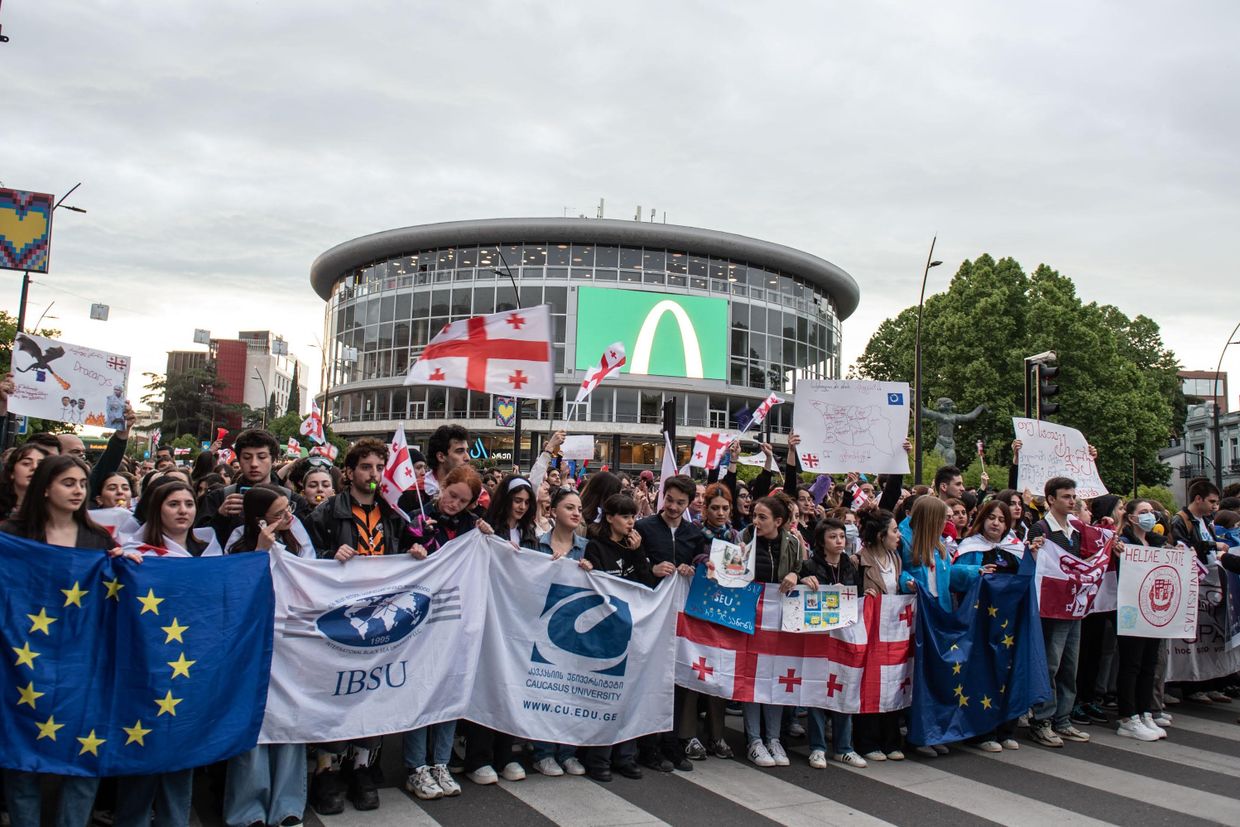
This article was translated into Armenian and republished by our partner CivilNet.





